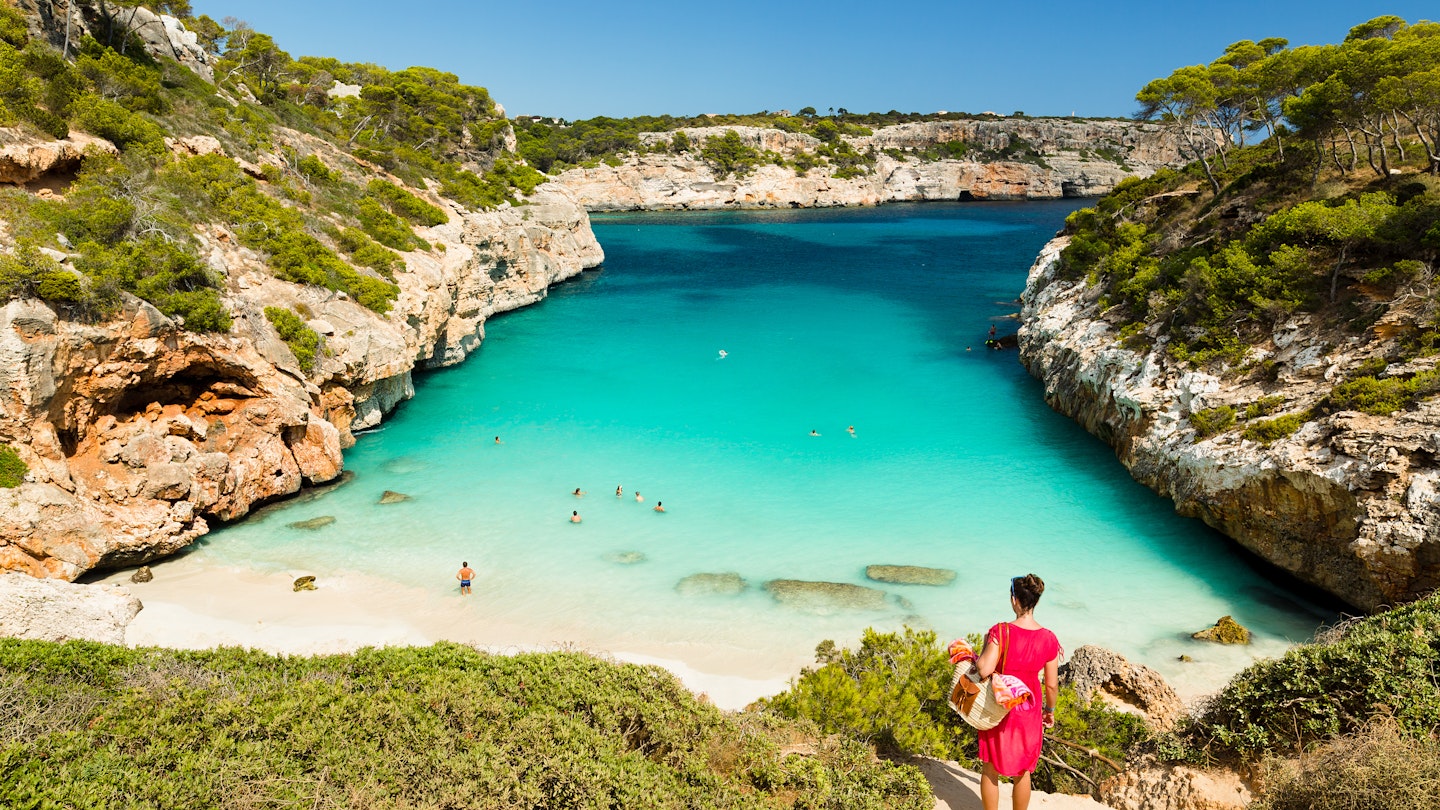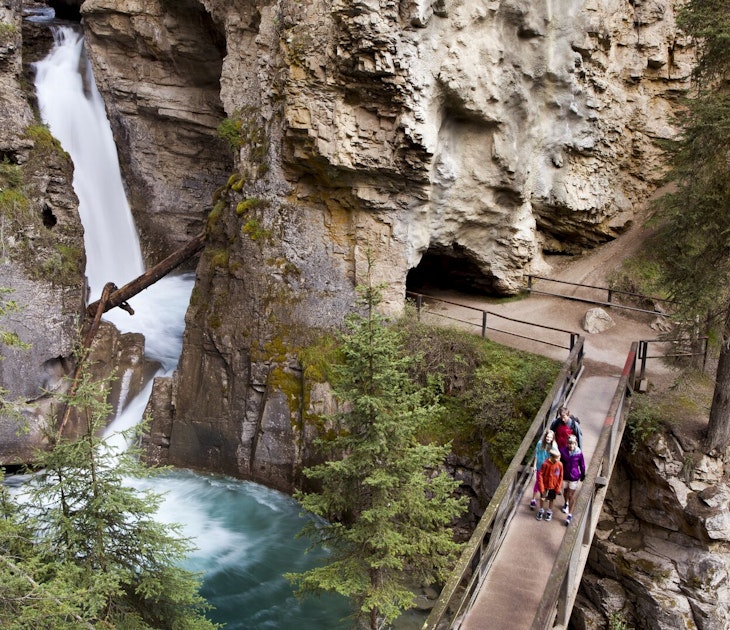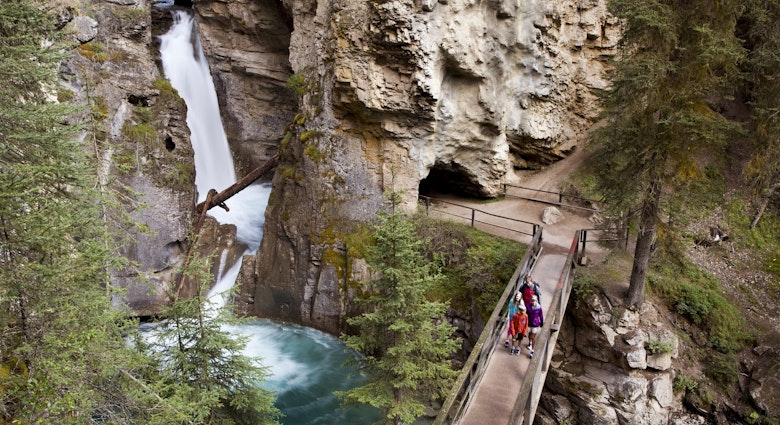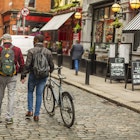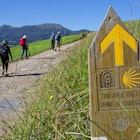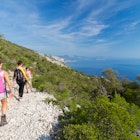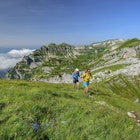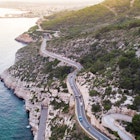Just ahead of welcoming visitors flocking to its islands for the Easter break, the Canaries in Spain are suspending some COVID-19 safety measures.
The rollback means that restaurants, clubs and other businesses in Gran Canaria, La Palma and Tenerife can return to normal operating hours and full capacity.
"We have tools to control the pandemic. But we remain vigilant. If circumstances worsen, we will reactivate them. It's not the end yet," said President Ángel Victor Torres Pérez of the Canaries in announcing the rollback of requirements.
Currently, 78.8% of residents of the Canary Islands are vaccinated against coronavirus.
The move follows Spain's other popular island destination — the Balearics — also rolling back their COVID-19 requirements.
Here are some of the things to consider if you’re headed to one of these popular Easter-break destinations.
Travel requirements to enter Spain
To enter Spain, you’ll need to fill out the digital Health Control Form. You’ll also need to present a certificate proving full vaccination if traveling from a non-European Union country. Unvaccinated travelers from outside the European Union and Schengen Zone are not allowed to travel to Spain for non-essential reasons. This includes Americans and British tourists.
In addition, if you’re arriving from a country of high risk, you have to have a COVID-19 test before arriving. Antigen tests must be done 48 hours prior to arrival and PCR tests no more than 72 hours prior to arrival.
Since February 1, Spain also requires your last dose of your primary regime of the vaccine be within the past 270 days. If it is outside that window, you’ll need to present proof of a booster shot taken no less than 14-days prior.
Read more: Which of the Canary Islands is best for you?
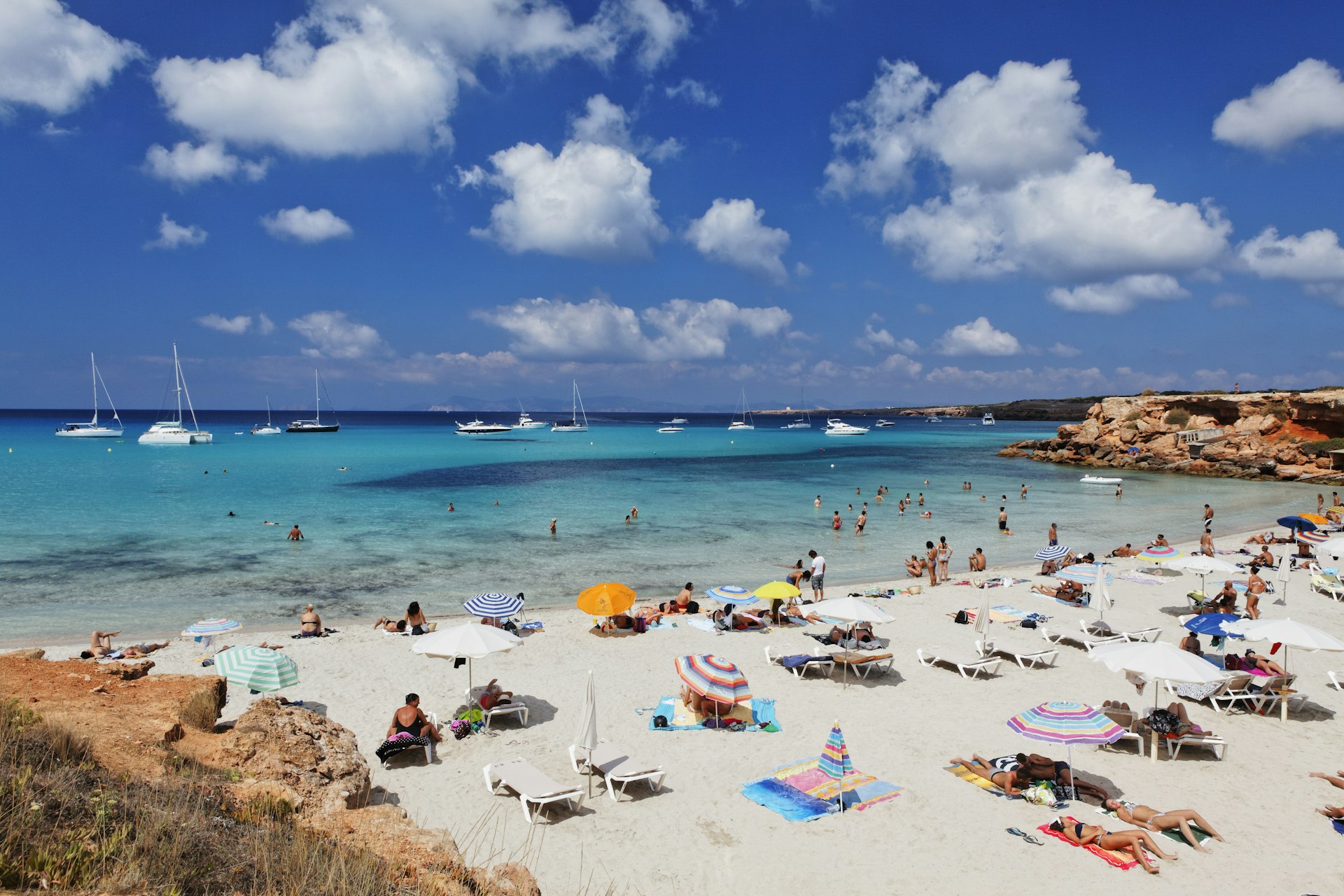
Masks still required in many indoor places
Though COVID-19 capacity restrictions have rolled back and masks are no longer required outdoors, tuck one in your pocket because masks are still required in indoor public places.
You may also need to show proof of vaccination to enter some establishments.
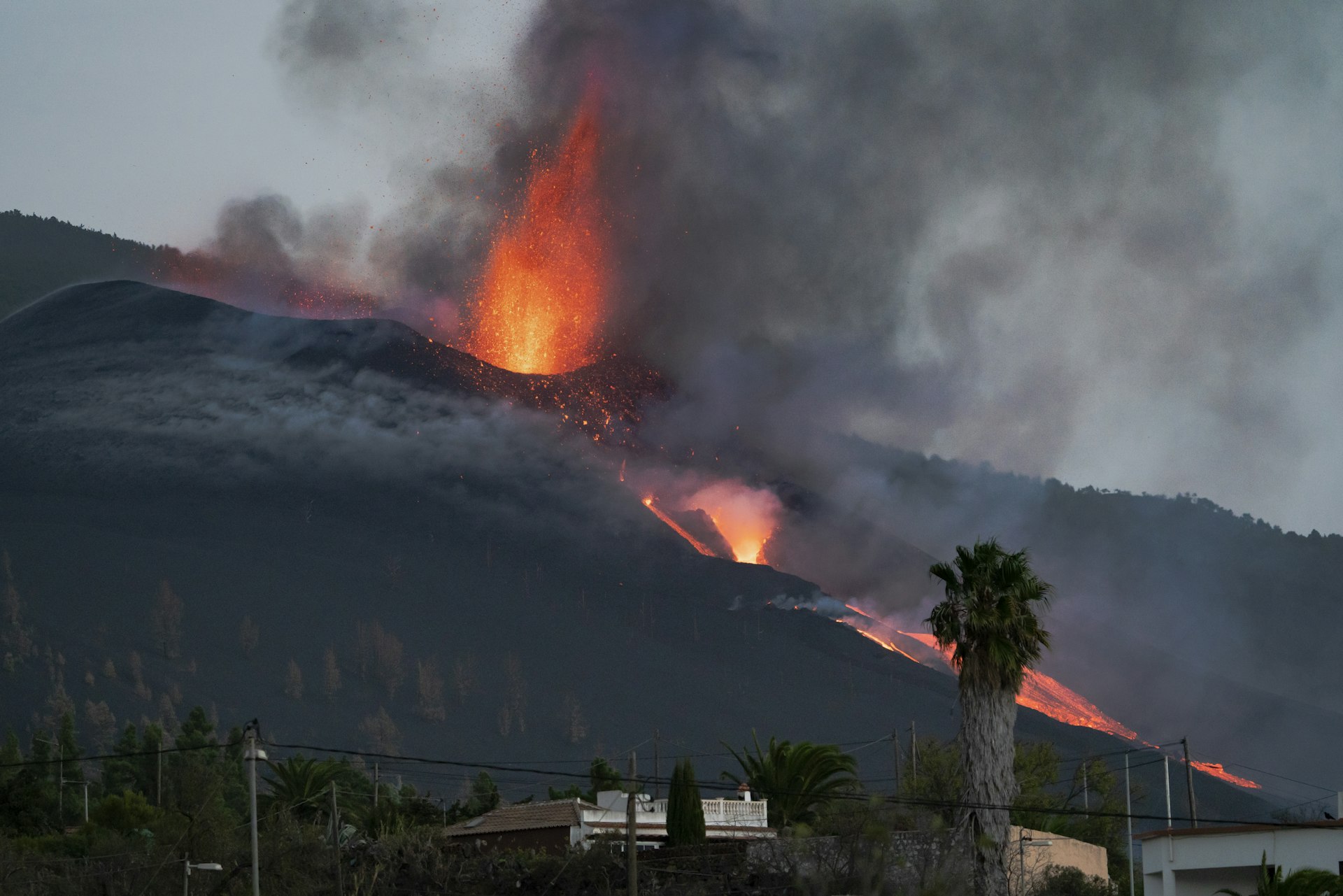
La Palma recovering from the volcano
Along with the COVID-19 pandemic, the island of La Palma is recovering from a natural disaster. The volcanic eruption that started September 19 ended on December 25. The tourism website estimates 10% of the island was impacted by the volcano and is currently trying to reconstruct.
While the island is open and welcoming visitors, it asks that you respect safety instructions as it rebuilds from the damage done by the volcano.
For more information on COVID-19 and travel, check out Lonely Planet's Health Hub.
You might also like:
The best time to go to Spain
The 10 best beaches in Spain
8 incredible national parks in Spain

